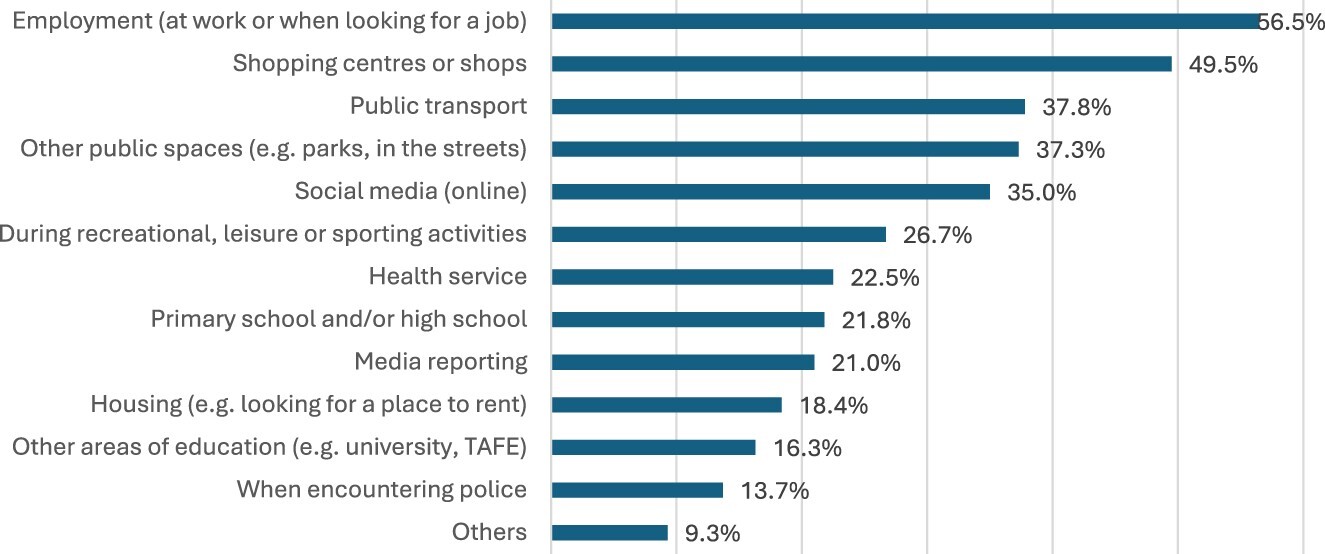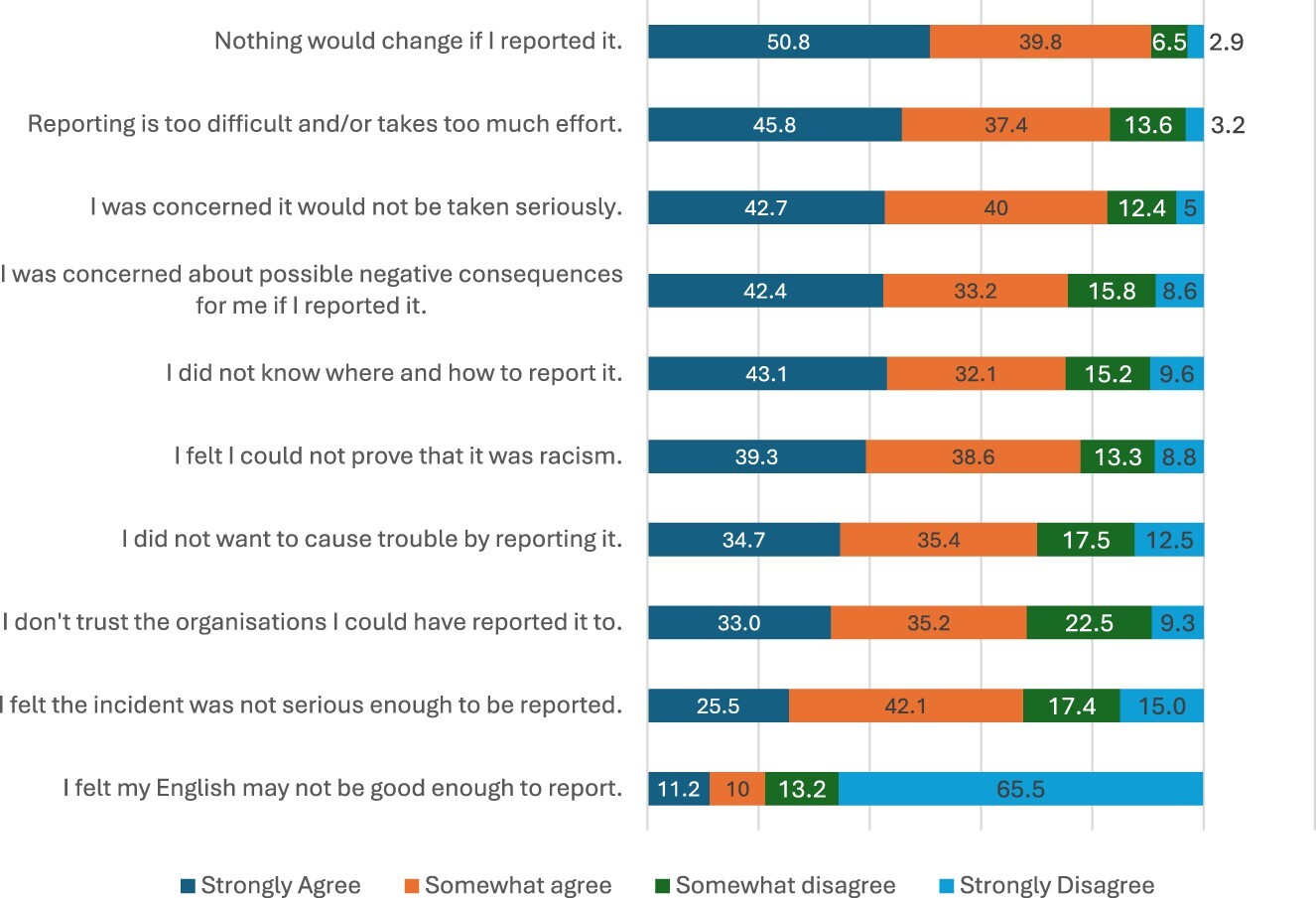New study finds underreporting of racism incidents

Fear of workplace retaliation remains a key barrier to reporting incidents of racism, according to researchers from Victoria University.
The researchers carried out a study between 2022 and 2024 that surveyed 703 individuals from communities affected by racism and engaged 159 participants through 27 peer-led community focus groups in Victoria.
It found that despite prevailing incidents of racism in Victoria, many go underreported because of a variety of factors, including fear of workplace retaliation.
Incidents of racism
According to the researchers, 56.5% of respondents who experienced racism in the past 12 months encountered it at work or while seeking employment.
This was the most common social context in which racism occurred, followed by shopping centres or retail shops (49.5%), public transport (37.8%), and other public spaces (37.3%).

The most common form of racism experienced by the respondents was feeling unwelcome, looked down upon, or excluded (72.5%), according to the study.
More than half of the respondents also reported:
- Biased and/or prejudiced comments or actions (57.3%)
- Disadvantaged or unfair treatment (56.7%)
- Verbal abuse or insult (55.2%)
Fear of retaliation
Despite these figures, the report revealed that only 15.5% of individuals who experienced racism chose to report the incident.
The low reporting rate is attributed to several factors, with the most common being the belief that speaking up would not lead to any meaningful change.
Another factor is the "possible negative consequences" if the racism incident were reported.
Respondents from the study's focus group confirmed this fear, with one participant of African background saying: "You know you're gonna be a double victim. Let's say at your workplace, if you report racism, straight away … you become a target."
Another participant from a mixed Asian focus group said they do not report racism because they "don't want to risk a bad performance review."
A security guard, who is a Muslim man of Somali background, added that his colleagues who reported racism "get less shifts and are less called upon because they complain."

Even for those who reported it, the study found that the respondents found the action taken to be disappointing or insufficient.
"In the workplace, if somebody says something [racist] and you report it, the first reaction is: 'oh they didn't mean it like that.' They send a quick apology and just explain why they acted that way," a Somali-Australian man said as quoted in the study.
Report systems failing
The study stated that the reporting system in Victoria "fails many of those who are supposed to be the beneficiaries of these systems."
"This in itself can be regarded as a facilitator or even a manifestation of institutional racism, as it systematically excludes people from speaking out against racism and, in doing so, allows the ongoing denial of racism," it said.
Associate Professor Mario Peucker, research lead, called for systems that listen, respond, and support victims.
"Speaking out against racism should not be an act of bravery. These voices must lead the way forward in addressing racism, without putting the burden of fixing the problem on those who still have to face it," Peucker said in a statement.
The Victorian government released a strategy in 2024 that aims to stop racism over the next five years, including in workplaces.
"We will use these actions to challenge racist behaviours and attitudes," the strategy read. "We will remove barriers caused by racism. We will also do better to support people affected by racism."



